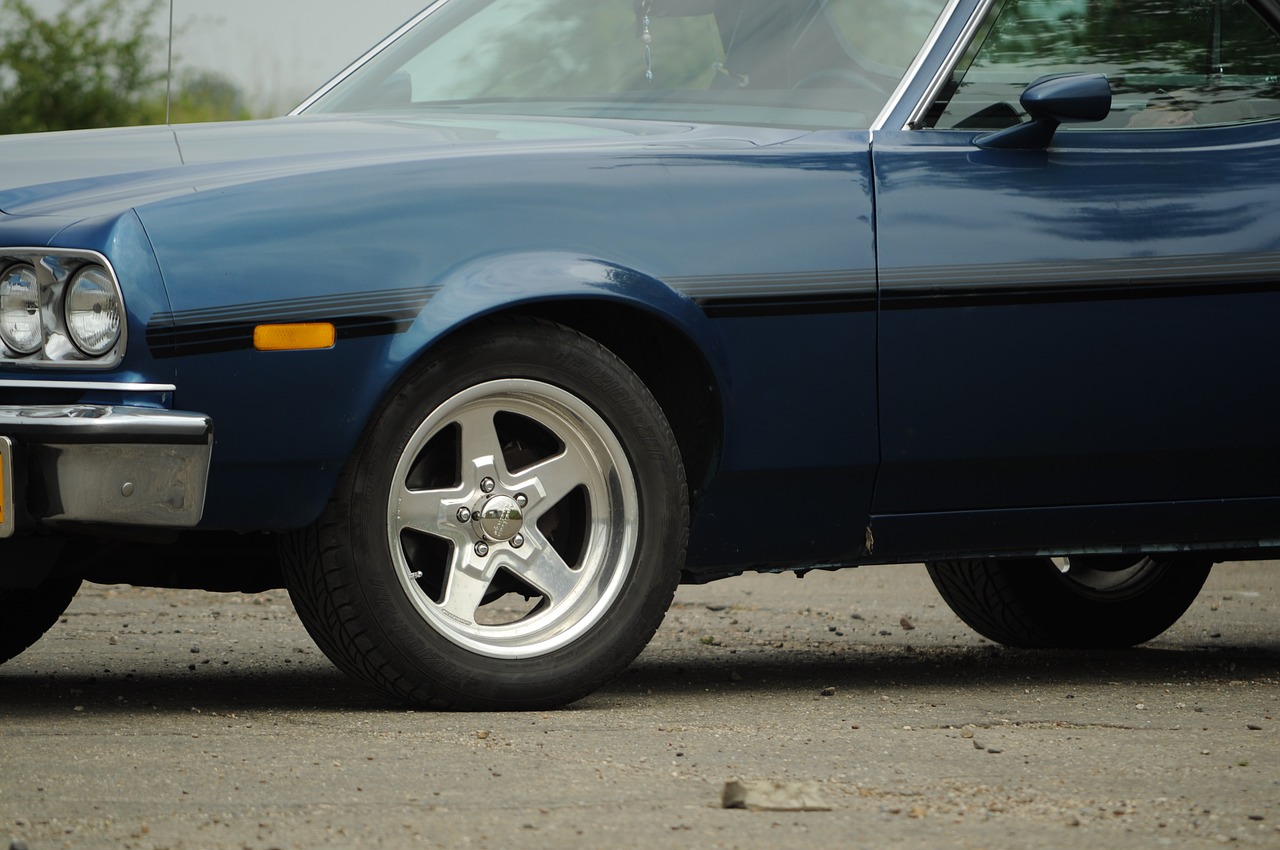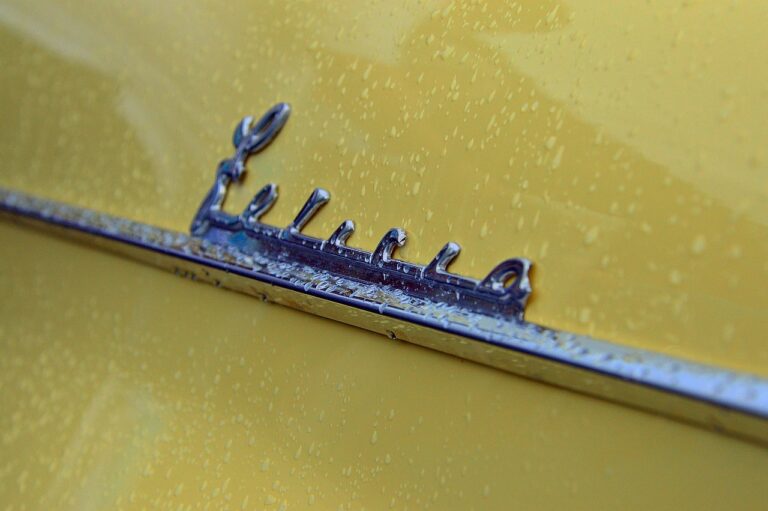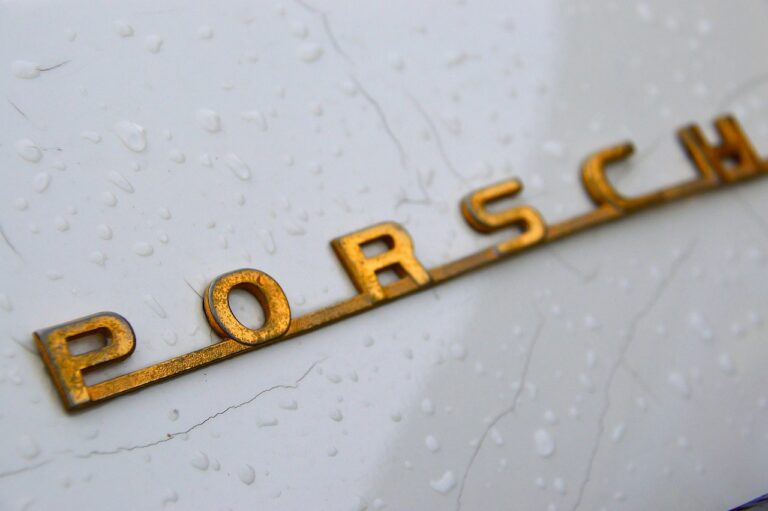The Future of Car Manufacturing: Automation and Robotics
The constant evolution of technology has transformed the landscape of numerous industries, revolutionizing the way products are designed, manufactured, and distributed. From robotics and artificial intelligence to 3D printing and data analytics, advancements in technology have enabled companies to streamline their processes, increase efficiency, and meet the ever-changing demands of consumers. These technological innovations have not only accelerated the pace of production but have also led to the creation of more customized and high-quality products.
Moreover, the integration of cutting-edge technologies has paved the way for greater sustainability in manufacturing processes. By leveraging renewable energy sources, optimizing supply chains through data-driven insights, and implementing smart manufacturing systems, companies can reduce waste, minimize environmental impact, and enhance overall operational efficiency. As technology continues to advance at a rapid pace, the potential for further improvements in manufacturing processes is limitless, offering a glimpse into a future where innovation and sustainability go hand in hand.
Impact on Manufacturing Processes
Advancements in technology have significantly transformed manufacturing processes across various industries. One notable area where these changes are evident is in car production. With the integration of automation technologies, manufacturers have been able to streamline their operations, leading to increased efficiency and precision in the manufacturing process. This has not only resulted in higher productivity but also improved the overall quality of vehicles produced.
Automation plays a crucial role in the modern car manufacturing industry by optimizing tasks that were previously time-consuming and labor-intensive. Robotics and artificial intelligence have enabled car manufacturers to automate repetitive tasks such as assembly and welding, leading to faster production cycles and reduced labor costs. By embracing automation, manufacturers can produce vehicles at a faster pace while ensuring consistent quality standards are met throughout the production process.
Role of Automation in Car Production
Modern car production heavily relies on automation to streamline the manufacturing process. From assembly line robots to advanced machinery, automation plays a crucial role in ensuring efficiency and precision in every step of car production. Automation not only speeds up the manufacturing process but also minimizes errors and increases overall output.
The integration of automation in car production has revolutionized the industry by enabling manufacturers to produce vehicles at a faster rate and with higher levels of consistency. By utilizing automation technologies, car manufacturers can meet the increasing demand for vehicles while maintaining high quality standards. This shift towards automation has not only improved the speed and accuracy of car production but has also led to significant advancements in technology within the automotive sector.





